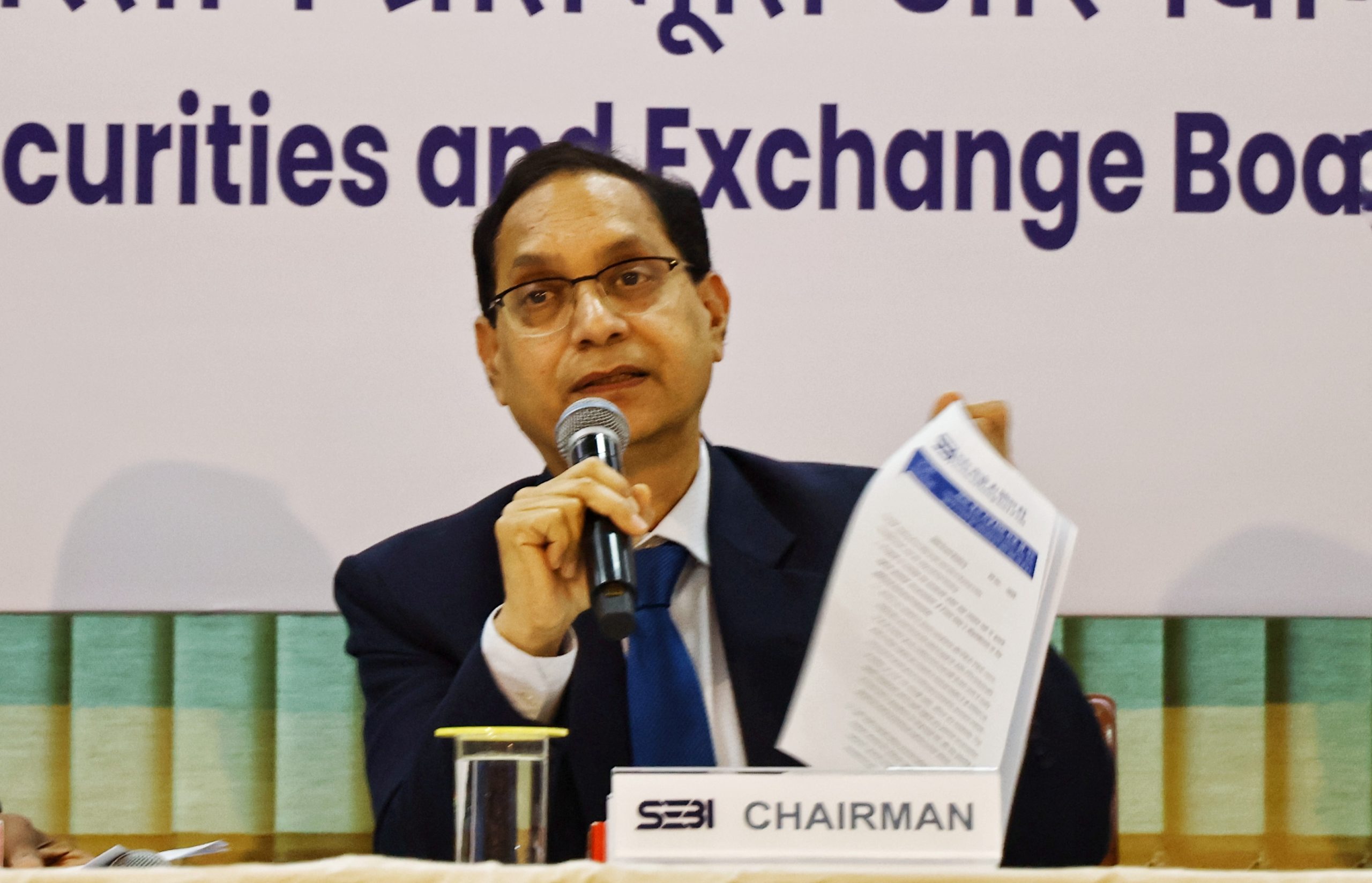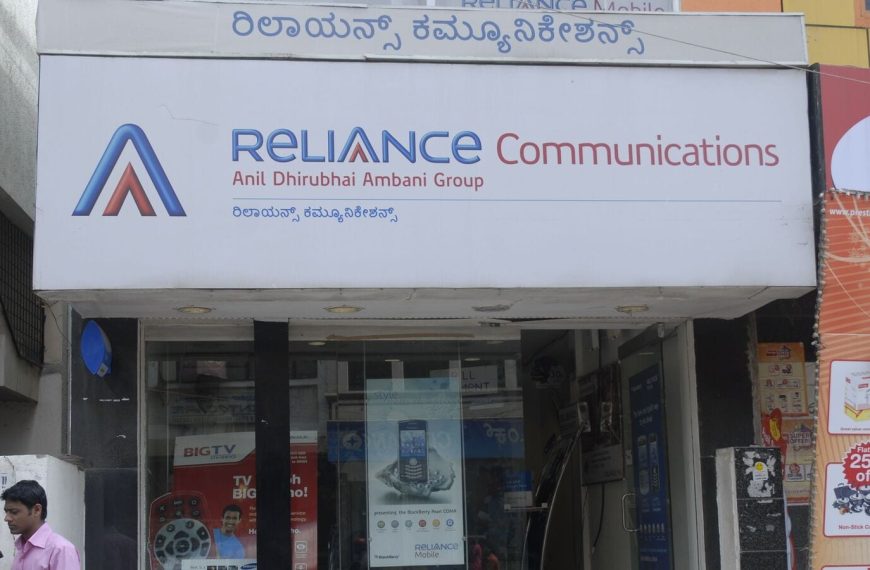In a significant move aimed at enhancing the investment landscape, the Securities and Exchange Board of India (SEBI) has introduced new measures under the leadership of its newly appointed chairperson, Tuhin Kanta Pandey. This latest board meeting marks a pivotal moment as SEBI eases regulations for foreign portfolio investors (FPIs) and market infrastructure institutions (MIIs), while also establishing a high-level committee to address concerns related to conflicts of interest among board members and officials.
Enhanced Disclosure Norms for Foreign Investors
One of the key changes involves an increase in the disclosure threshold for FPIs from ₹25,000 crore to ₹50,000 crore. This update reflects the doubling of cash equity trading volumes projected between FY23 and FY25. Pandey emphasized the necessity of this adjustment, stating, “In light of the significant growth in trading activities, the board unanimously agreed to raise the disclosure limit.”
- New Disclosure Limit: Increased from ₹25,000 crore to ₹50,000 crore
- Reason for Change: Doubling of trading volumes
Streamlined Processes for Market Institutions
In addition, SEBI has made strides to simplify the appointment process for public interest directors (PIDs) within MIIs. While prior approval for PID appointments remains necessary, the regulator has eliminated the mandated cooling-off period for key management personnel (KMP), transferring this responsibility to the governing boards of MIIs.
- PID Appointments: Requires SEBI approval
- Cooling-Off Period: Now determined by the governing board
Should an MII opt not to reappoint an existing PID, it must document and submit its reasoning to SEBI.
Reversal on Merchant Banking Amendments
In a surprising development, SEBI has postponed the implementation of proposed amendments for merchant bankers, debenture trustees, and custodians that were initially discussed in December. These amendments would have allowed these entities to operate as separate legal entities after receiving registration confirmation from the relevant regulatory body within two years.
Changes for Investment Advisors
Investment advisors and research analysts will also benefit from updated fee structures. They can now collect fees in advance for up to one year, provided that individual clients, including Hindu Undivided Families (HUFs), consent to this arrangement. Previously, the limit for upfront fees was restricted to one or two quarters depending on the client type. For non-individual and institutional clients, fees will now be determined through mutually negotiated agreements.
Establishment of High-Level Committee
The newly formed high-level committee (HLC) is tasked with reviewing and recommending enhancements to the current conflict of interest framework, which has been in place since 2008. The committee is expected to submit its findings within three months.
Pandey articulated the importance of establishing a robust framework, stating, “We need to foster trust. Without a proper structure, how can we ensure transparency in disclosures? Addressing issues such as how complaints are handled and ensuring public accessibility to recusals is vital for best practices.”
The recent adjustments by SEBI reflect a proactive approach to enhance investor confidence and streamline operational processes within the Indian financial markets. As these changes unfold, they are likely to have a substantial impact on the investment ecosystem.











